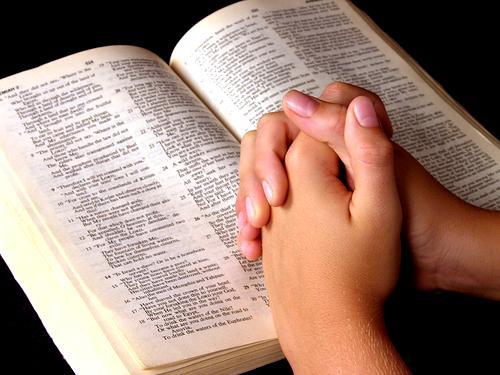Inapoi la pagina DARGOT PASSOVER – link

Bo [Come]
“Come unto Pharaoh, for I have hardened his heart and the heart of his servants, that I may set these signs of Mine within him.”
The interpreters asked about the words, “I have hardened”: Since the Creator gave him the hardening of the heart, meaning that the Creator denied him the choice, why is it his fault? They also asked about the words, “Come unto Pharaoh”: It should have said, “Go unto Pharaoh,” since “come” means “Let us go together,” meaning that the Creator will go together with Moses.
To understand the above, we should precede with what is written, “Our sages said, ‘One should always see oneself as half guilty, half innocent. If he performs one Mitzva [commandment], happy is he for he has sentenced himself to the side of merit’” (Kidushin 40b).
We should ask, 1) How can one say that he is half… while he knows about himself that he has more transgressions than Mitzvot [pl. of Mitzva]? 2) “If he performs one Mitzva,” they said that he has sentenced himself to the side of merit. But they said, “always,” meaning that even after he has sentenced himself to the side of merit, he should also see himself as half and half, so how can such a thing be said when he has already performed one Mitzva? 3) If he knows that he has more merits than iniquities, why must he say “half and half”?
Our sages said, “Anyone who is greater than his friend, his inclination is greater than him” (Sukkah52a). We should ask why he deserves such a harsh punishment that if he is great, he is given more evil inclination than a small person is given.
The thing is that our sages come to teach us the way in the work of the Creator, to advise us how to emerge from the authority of the evil inclination. Therefore, they instructed us that one should not say that since he has few merits and many iniquities, he can no longer decide that from now on I will walk on the good path, since he sees that he is under the authority of evil because he has many faults and few merits, and he concludes that all this extends from his being born with bad qualities and he has no way to emerge from the governance of evil.
The choice that one is given, to decide to the side of merit, pertains specifically to one in whom the powers of good and bad are equal. At that time, it is possible to decide to the good. But for one whose bad is greater than the good, he can no longer decide.
Our sages said about this: “One should always see oneself as half guilty,” as in “Anyone who is greater than his friend, his inclination is greater than him,” since if someone becomes great and remains in the bad from before he became great, he will have much good and a little bit of bad, and in this way, it is impossible to make a choice, since just as there cannot be choice if the bad is more than the good, there cannot be choice if the good is more than the bad.
Therefore, one who is great, whose good is great, his evil must be increased from above, so he will have the exact same measure as the good. Then, when the two are equal, there can be choice.
It therefore follows that if a person sees that his good is very small, he should know that his bad is also very small. Although he knows that he has made many transgressions, he should still know that from above, the bad in him was diminished because the good in him was diminished, so he would be able to make a choice. As for the many bad deeds he did, there are corrections for this, through Hell or through repentance from fear or from love.
But concerning doing, henceforth there are corrections that diminish the bad so it is not greater than the good, so he will be able to choose.
Thus, a person can always choose, since before he has performed one Mitzva, the authority of the bad is not greater than the authority of the good although he has many bad deeds. After he has performed one Mitzva and decided to the side of merit, his evil is increased, meaning the bad is empowered so as to govern to the same extent as the good. It follows that then, too, he is half and half.
By this we will understand the verse, “Come unto Pharaoh, for I have hardened his heart.” Once Pharaoh has sentenced himself to the side of merit, saying, “The Lord is righteous,” he was great. Therefore, he could no longer make a choice. For this reason, there was a need for the Creator to harden his heart, meaning increase his evil, since only in this way is there room for choice.
It follows that through the hardening of the heart, the ability to choose was not taken away from him. On the contrary, here he was given the possibility to make a choice.
Inapoi la pagina DARGOT PASSOVER – link
